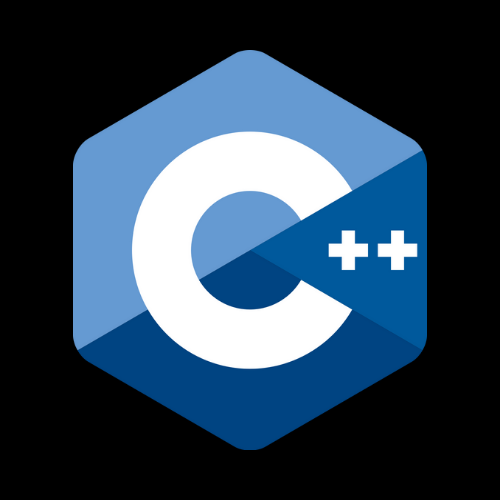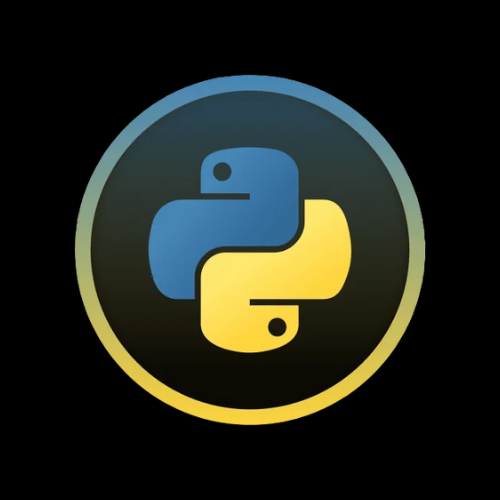In C++, comments are used to include explanatory or descriptive text within your code. Comments are ignored by the C++ compiler and are meant for the benefit of developers to make code more readable and maintainable. C++ supports two types of comments: single-line comments and multi-line comments.
1. Single-Line Comments:
Single-line comments are used to add comments on a single line. They start with // and continue until the end of the line.
Anything after // on that line is considered a comment and is not part of the code that gets compiled. Single-line comments are useful for adding brief explanations or notes to specific lines of code.
2. Multi-Line Comments:
Multi-line comments, also known as block comments, are enclosed within /* and */. They can span multiple lines and are typically used for longer comments, explanations, or comments that cover multiple lines of code.
It's important to note that multi-line comments can't be nested. If you want to comment out a block of code that contains a multi-line comment, you should ensure that there are no /* or */ sequences inside the comment.
3. Documenting Comments:
Good commenting practices involve documenting your code to make it more understandable to others (and to your future self). This includes providing comments for functions, classes, and important sections of code.
Documenting comments like this can be used to generate documentation for your code using tools like Doxygen.
4. Conditional Compilation and Comments:
Comments can also be used in conditional compilation to include or exclude code during compilation. The #if, #ifdef, #ifndef, #else, and #endif preprocessor directives are commonly used in combination with comments to conditionally include or exclude code from compilation.
Remember that good code should be self-explanatory and well-structured, and comments should be used to clarify complex or non-obvious parts of your code, rather than to explain every line. Over-commenting can make the code harder to read. The goal is to strike a balance between code clarity and comment usage.


